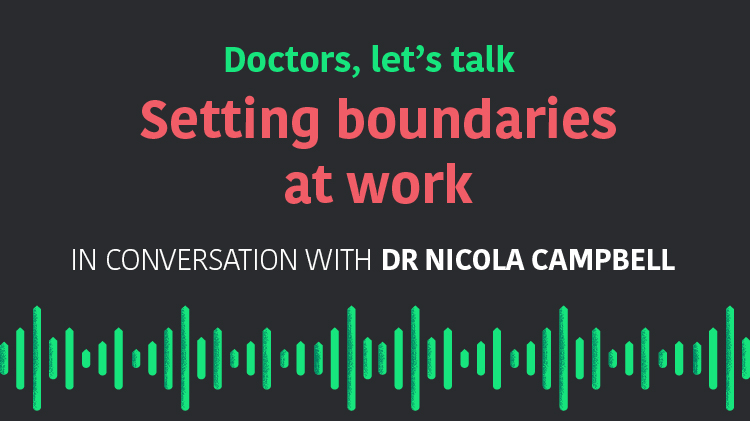Do GPs need a Working with Children Check
07 Dec 2023
Information about this isn’t always easy to find, so we’ve done the hard work for you! Let’s take a look around the country and answer the question:
Do GPs in private practice need to obtain a Working with Children Check (WWCC) or the equivalent?
Australian Capital Territory
NO
Called a ‘Working with Vulnerable People’ (WWVP) Check – it is specifically not required if you are a health practitioner registered with Ahpra.
New South Wales
YES
A GP seeing an adolescent without an adult present, regardless of the frequency of doing so, would be considered ‘ordinary’ in the course of being a GP. However, a GP who does not have a WWCC, when seeing an adolescent who has presented without an adult, should ask a member of staff to sit in on the consultation (with patient consent) in a chaperone-type situation.
Northern Territory
YES
Called an ‘Ochre Card’ – essentially if your work duties include, or may include, contact with children, then you are required to have a clearance.
Queensland
NO
Called a ‘Blue Card’ – a health practitioner registered with Ahpra is exempt from obtaining one when employed or carrying on a business as part of their functions as a registered health practitioner. However, this exemption does not apply to medical students.
South Australia
YES
General practitioners should obtain a WWCC, as a person must not work with children (i.e. undertake ‘child-related work’) unless they have a WWCC. The SA legislation defines what is considered to be child-related work, which generally involves regular contact with children while providing specified services or activities, including health services, for children.
Tasmania
YES
Called ‘Working with Vulnerable People’ (WWVP), GPs in private practice are required to have a WWVP, as would anyone who provides care or services to children.
Victoria
NO
Generally needed only if the employer or practice owner requires it, or if you work in a paediatric ward of a public or private hospital. However, if the GP is involved in counselling or other support services for children, then they would be best placed to obtain one, as they would technically meet the criteria. Organisations are free to implement their own policies that may go beyond the legislative requirements.
Western Australia
NO
There is no category of ‘child-related work’ specifically for general health practitioners in private practice. So they are not required to have a WWCC, unless they also carry out child-related work in connection with another category.
Stay updated with the latest medico-legal content |
Subscribe to MDA National’s biannual Member publication, Defence Update, for the latest medico-legal updates, articles and case studies.
Reportable Deaths and Coronial Matters
MDA National's Daniel Spencer (Case Manager - Solicitor) and Karen Lam (Medico-Legal Adviser) discuss when a person's death should be reported to the Coroner and what to do if the Coroner requests a statement or report.
15 May 2025
Death Certificates
When a doctor can write a death certificate (where the death does not need to be reported to the Coroner), considerations when writing the death certificate and how to complete it accurately.
15 May 2025
Communication in healthcare teams
Why good and effective communication is a vital part of delivering quality and safe patient care
15 May 2025

Doctors, Let's Talk: Setting Boundaries At Work
A conversation with Nicola Campbell, Psychiatry Registrar, that explores the necessity of setting professional boundaries as a Junior Doctor.
07 Dec 2022





